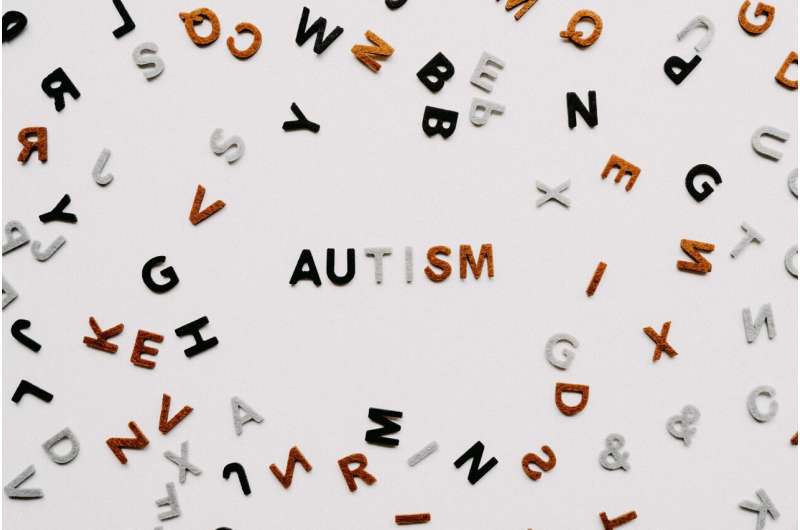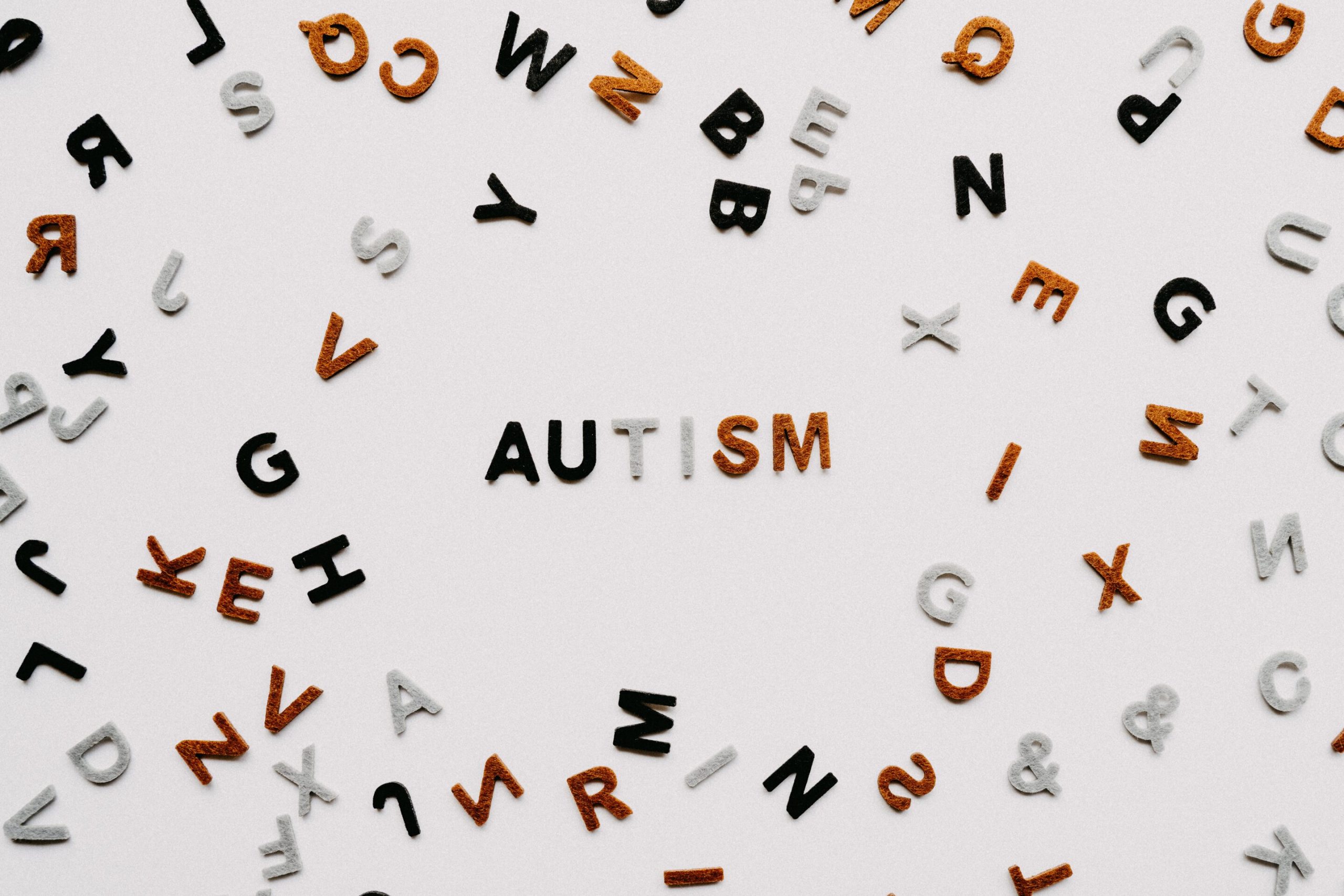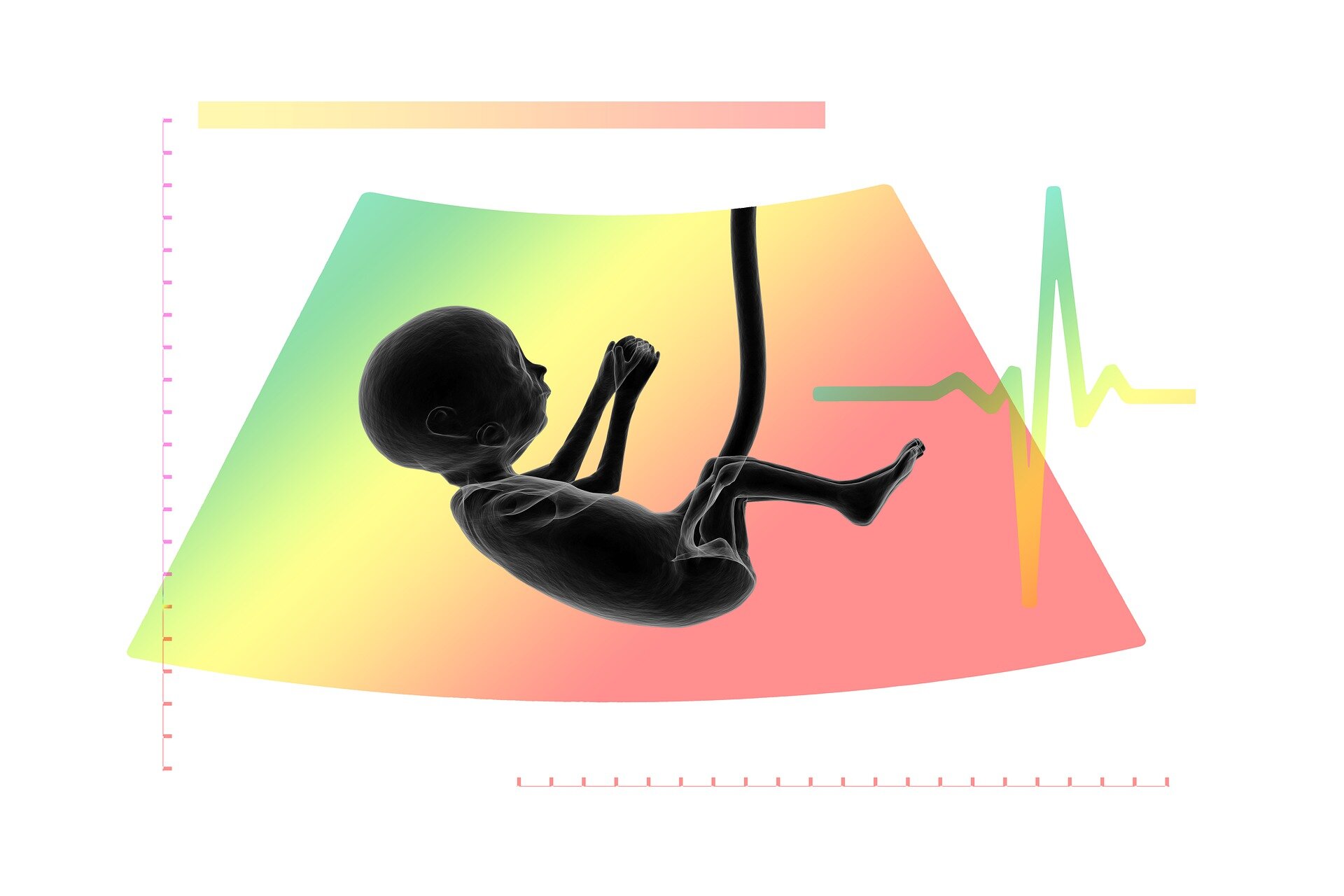
Spoken language is predictive of many positive life outcomes, such as employment, social interaction, play skills and more. But researchers still don’t know why some children talk and others don’t, especially as it relates to historically marginalized and minoritized populations.
A new study, known as EMERGE, seeks to change that.
Researchers at UCLA Health and the University of North Carolina Frank Porter Graham Child Development Institute (FPG) will co-lead a unique project to assess behavioral and neurological markers of language development in low-income children within their family settings, gathering valuable information that could lead to earlier, more targeted interventions for a population that has been largely underrepresented in autism research.
EMERGE: Early Markers of Expressive and Receptive (language) Growth in Ethnically diverse autistic toddlers is led by Dr. Connie Kasari, distinguished professor of Psychiatry at the David Geffen School of Medicine at UCLA Health. Brian Boyd, Ph.D., FPG director and William C. Friday, Distinguished Professor of Education, will co-lead the study.
“We have a goal to increase equity in assessment, identification, and intervention access,” said Kasari. “This is a study that can really help us understand some of the disparities we see in autism identification for children who are low-income and who are often marginalized and minoritized.”
Language delays become apparent in autistic children between 18 and 36 months, and this is often a parent’s first indication that their child may have a developmental delay. This project allows researchers to measure children’s development in the context of their home environments, collecting neural data from EEGs to measure brain activity and observing communication, language, sensory and motor skills.
Children with spoken language delays at 18 months will be studied for 30 months to try to understand what factors can predict language development in this population. The primary outcome will be the total number of novel words on a language sample at 30 months.
Boyd said the average age of autism diagnosis is around 4 years of age, and while the field is getting better at early diagnosis, families living in poverty may have trouble accessing early diagnosis for their child. By placing the study in children’s homes over three years, researchers can reduce barriers to participation for this population.
“We know that children who grow up in high-wealth households tend to hear more words and more variety of words from their parents, but we don’t know how the broader family ecosystem affects the language development of autistic children,” Boyd said.
“This [work] is not just focused on younger kids with autism, but younger kids with autism who are living in poverty. What are the combined effects of poverty in addition to having a developmental disability? How do those interact to affect one’s language learning and trajectory?”
Autism evidence base samples have typically not been very diverse, said Kasari. White, middle-class families are not only more likely to have the transportation and flexibility to come to a clinic or university setting to participate in research, but they also have the social capital to hear about study participation.
If the foundation of autism research isn’t diverse, the field cannot capture the entire spectrum of autism, and these families may be underserved in terms of targeted assessment and interventions.
“Going into homes decreases the burden on families to participate in research. We’ll be looking at how these children play and think, developmental variables, as well as the environment around the child,” said Kasari. “A lot of children may benefit from large, extended families, and they may be hearing multiple languages.”
Boyd said it was important to look beyond how poverty confers risk to a young child’s development. By studying children in a family and community setting, and observing how children and families interact, researchers can gain knowledge about what aspects of their environments may be supportive for language development.
“We already know poverty is a risk factor, but what are the assets and strengths of those families? This is an important part of what we’re trying to understand,” says Boyd, “because interventions should build upon those assets and strengths while addressing challenges families may be facing.”
Kasari, who received her Ph.D. at UNC-Chapel Hill and has previously worked at FPG, said FPG’s long history of work with historically marginalized families makes the Institute an important partner for this study.
For instance, FPG’s Abecedarian Project is one of the oldest and most oft-cited early childhood education programs in the world, following low-income children into their 30s to demonstrate how the long-time impacts of high-quality early childhood education impacted their lives.
Citation:
EMERGE study to explore language trajectories of low-income, ethnically diverse children with autism (2024, October 4)
retrieved 5 October 2024
from https://medicalxpress.com/news/2024-10-emerge-explore-language-trajectories-income.html
This document is subject to copyright. Apart from any fair dealing for the purpose of private study or research, no
part may be reproduced without the written permission. The content is provided for information purposes only.


